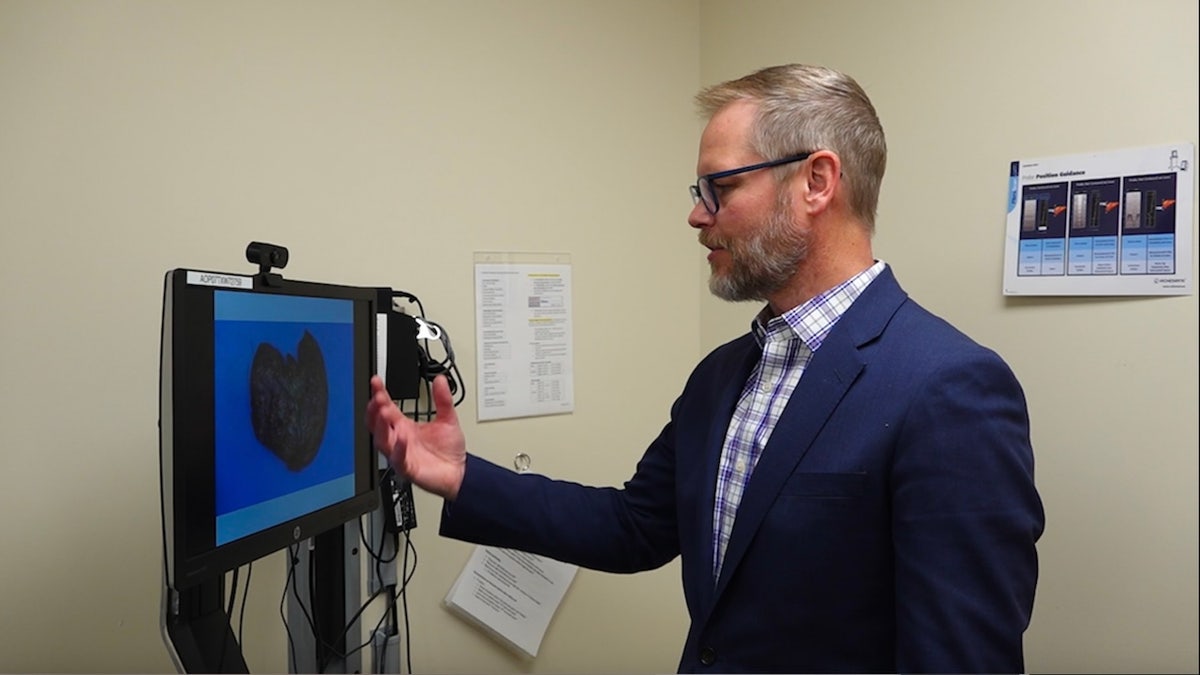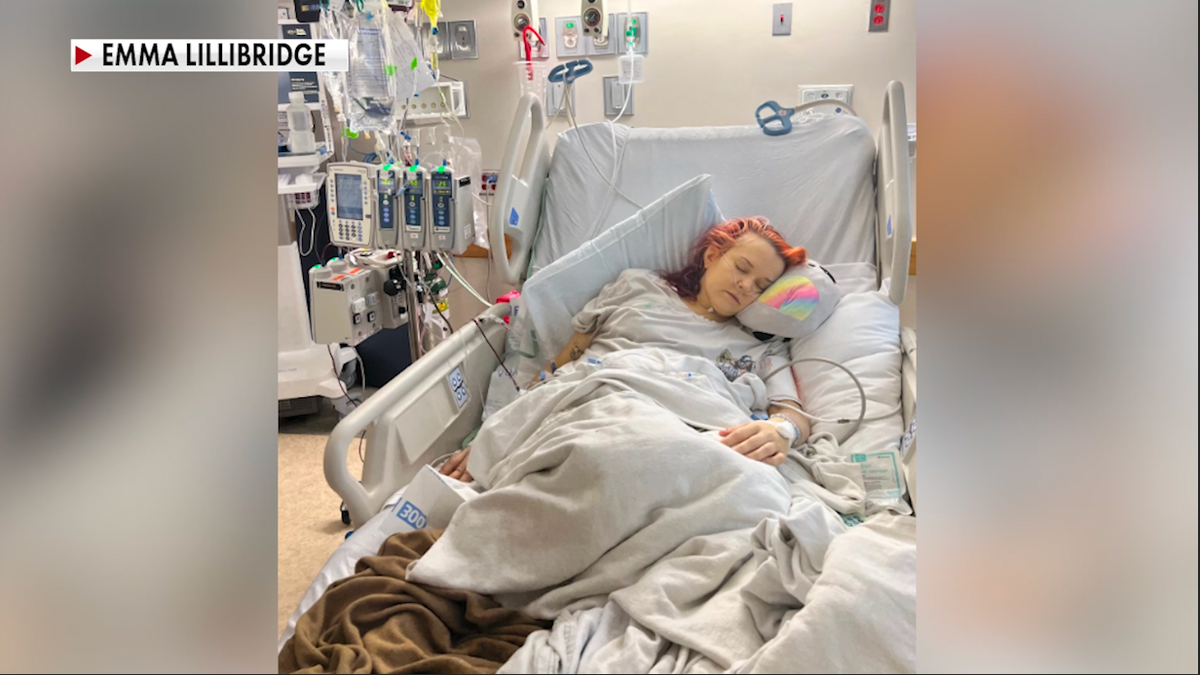An increasing number of young Americans, especially women, are facing liver failure due to excessive alcohol consumption, leading to a surge in the need for liver transplants. This represents a significant shift from a decade ago when liver transplants were primarily needed by men in their 50s and 60s.

Dr. James Burton, a liver transplant specialist at the University of Colorado School of Medicine, expressed alarm at this trend, noting that he's seeing a growing number of women in their 20s and 30s requiring liver transplants. This, he emphasizes, is a nationwide issue. Some patients needing transplants due to alcohol-related liver damage are in their early 20s, having started drinking during adolescence.
Alcohol-related liver disease now accounts for almost half of all liver transplant procedures, according to Dr. Burton. He cautions that even intermittent heavy drinking, such as consuming eight to ten drinks on weekends, can be just as damaging as daily alcohol use. The COVID-19 lockdowns exacerbated the problem, as more individuals engaged in excessive drinking at home.

Dr. Burton also points out that women metabolize alcohol differently than men, making them more susceptible to alcohol-related liver damage. This is highlighted by the story of 31-year-old Emma Lillibridge, who was surprised to learn she needed a liver transplant after being hospitalized. Heavy drinking in her 20s had severely damaged her liver, a reality she hadn't fully grasped until her diagnosis.

Lillibridge, who worked in a brewery environment where heavy drinking was commonplace, underwent a successful liver transplant in October 2023. Now sober and healthy, she’s using her experience to raise awareness about the dangers of excessive alcohol consumption. She believes that the normalization of heavy drinking in our culture often prevents people from recognizing they have a problem until it's too late.

Lillibridge is now thriving in a new job and planning her wedding. Her story serves as a powerful reminder of the potential consequences of excessive alcohol use and the importance of seeking help for alcohol-related issues.








